You have not yet added any article to your bookmarks!

Join 10k+ people to get notified about new posts, news and tips.
Do not worry we don't spam!
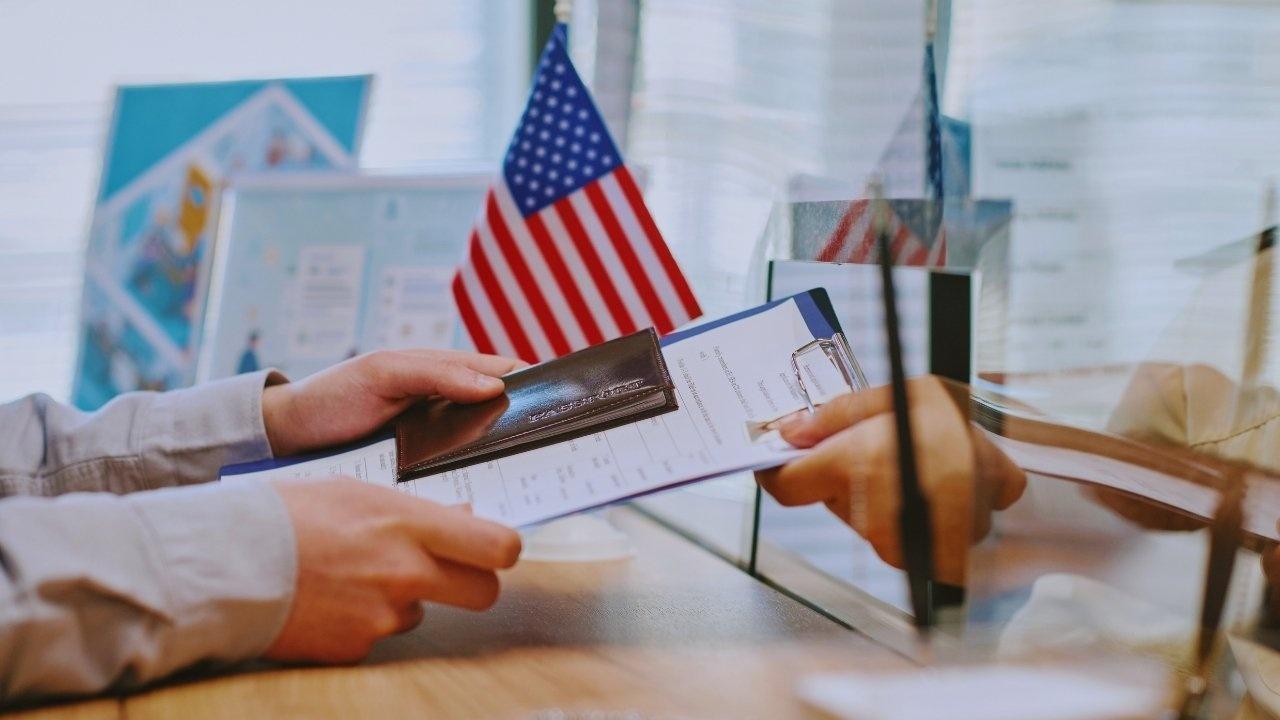
Post by : Dr. Amrinder Singh
Planning a trip to Europe this winter? You’re not alone. With Indian travellers eager to explore the Schengen area, especially between November and February, the demand for visa applications has seen a significant spike. This growing interest results in longer appointment waits, extended processing periods, and added pressure for those hoping to travel during the busy holiday season.
For many, booking flights and accommodations is just the initial step. Securing visa appointments and ensuring timely approvals have become crucial. In the following sections, we delve into the factors propelling this demand surge, the reasons behind increasing wait times, and key demographics driving the rush, plus tips for applicants looking to streamline their process.
Traditionally, summer has been the peak season for travel. However, the months from November to February are now becoming the preferred time for international holidays among Indian families combining Christmas, New Year, and school breaks. Young professionals and newlyweds are also increasingly opting for European escapes during this period.
The allure of Europe, particularly the Schengen region, has captivated the interest of Indian travellers this winter. Popular experiences include winter festivities, ski resorts, charming Christmas markets, and breathtaking landscapes. Many are now seeking more enriching experiences across multiple countries rather than just quick city visits.
The profile of applicants is broadening beyond the traditional metropolises. While Delhi, Mumbai, and Bengaluru remain key players, smaller Tier-2 cities are witnessing rapid growth in applications. Millennials now comprise more than half of all visa seekers, with a rising presence of Gen Z and independent female travellers reshaping the landscape.
Improved flight accessibility, enticing festive travel packages, and European cities promoting their attractions to Indian tourists are further fuelling this surge. Greater connectivity often leads to an increase in visa requests.
Following the disruptions caused by COVID-19, there's a palpable release of pent-up travel desires, with numerous trips that were postponed now being planned, contributing to existing backlogs.
Typically, standard Schengen visa applications are expected to be completed within around 15 calendar days. However, current conditions for Indian applicants differ. Processing periods may reach 10-15 working days under normal circumstances but can extend to 25-30 days during peak times, placing additional pressure on embassies and centers.
A significant hurdle for applicants is securing appointment slots. As application numbers rise, available early slots fill up quickly, leading some centers to experience waiting lists or enforced cancellations of new bookings. Therefore, early application is crucial.
Visa centers remain operational but face increased verification times, including document checks and biometric collections. Heightened scrutiny is common among many embassies, meaning that even minor discrepancies can lead to delays.
Not every consulate operates at the same efficiency. Some may have higher approval rates or swift processing times, while others experience delays, impacting how applicants choose where to apply.
Indians travelling in December or January face high stakes; any delays in visa processing can jeopardize festive plans. With travel arrangements already made, the urgency intensifies.
Delayed visas may lead to costly cancellation fees for accommodations or flights or necessitate rebooking at higher rates during off-peak times.
The anxiety of monitoring application statuses while coordinating travel plans adds an emotional burden to many applicants.
With a greater volume of applications, incomplete or inconsistent documentation becomes riskier. Missing items like bank statements or unclear travel intentions can lead to delays or denials.
Due to rising demand, it’s advisable to submit applications at least 4-6 weeks before departure, ideally sooner, to account for potential issues.
For those visiting various Schengen countries, apply at the embassy of the nation where you plan to stay longest or first enter. Some consulates have simpler queues and processes.
Ensure your application includes:
A passport with at least three months of validity beyond your planned return date and blank pages.
A correctly filled application form with accurate travel dates.
Round-trip flight and hotel confirmations matching your travel dates.
Travel insurance that meets Schengen requirements.
Financial proof, like recent bank statements, salary slips, and tax documentation.
Proof of employment or business safely tying you to India.
A cover letter detailing your travel purpose and itinerary with relevant contacts.
Discrepancies in financial history can raise concern and lead to additional scrutiny.
Employ online tracking options provided by visa centers for real-time updates. Many centers send notifications when your passport is ready for pickup, allowing you to plan accordingly.
If your visa is delayed:
Be flexible with travel dates.
Opt for refundable flight and hotel bookings whenever possible.
Consider alternative destinations with simpler visa processes.
Look into travel insurance that covers visa delays.
Submitting applications just days prior to travel is risky due to low appointment availability and potential backlogs.
Visa regulations continuously change—staying up to date with requirements is vital for future travel.
Choose visa slots at nearby locations known for quicker processing. Early morning bookings are generally less busy.
Certain centres offer expedited processing for a fee. If time-sensitive, it may be worth considering this option.
Ensure your application includes all necessary documentation to prevent delays.
If you've had prior visa issues or a complex travel history, provide clarification. Omissions can lead to extensive verification checks.
If your application has been pending for 30 days, a courteous inquiry through official channels can clarify your status.
As processing times lengthen, it’s likely that many will begin planning trips months in advance, particularly during winters and summer vacations.
Increased demand for popular Schengen countries may push travellers toward quieter regions or non-Schengen nations with smoother entry processes.
As the number of applications rises, embassies will likely require more precise documentation to avoid delays.
As submission rates in Tier-2 cities grow, we can expect more visa centers to open, accommodating the larger application pool.
Holidays and school breaks lead to higher application traffic; plan ahead to avoid delays.
Due to demand, flights might fill up quickly. Confirm your visa before making reservations to avoid financial loss.
Factor additional expenses like courier, possible priority service fees, and refundable bookings into your travel budget.
Widespread biometric checks and other regulations may impact your travel plans; ensure your documents align with current requirements.
Be prepared to change your destination if your first choice faces significant delays.
The increase in visa applications this winter from India to the Schengen zone signals a significant change in travel dynamics. What was once a primarily domestic travel window has evolved into a robust international movement, placing added demand on processing systems. Indian applicants planning trips during the busy winter months must navigate these challenges carefully.
Timely submission, thorough documentation, and early slot bookings are no longer optional. Being prepared, flexible, and informed enhances your chances of a smooth visa application experience. As you dream of your winter getaway to Europe, remember to apply early, prepare thoroughly, and travel confidently.
Disclaimer:
This article is intended for general informational purposes only and should not be taken as legal or visa guidance. Always verify the latest requirements with official embassies or visa centers.
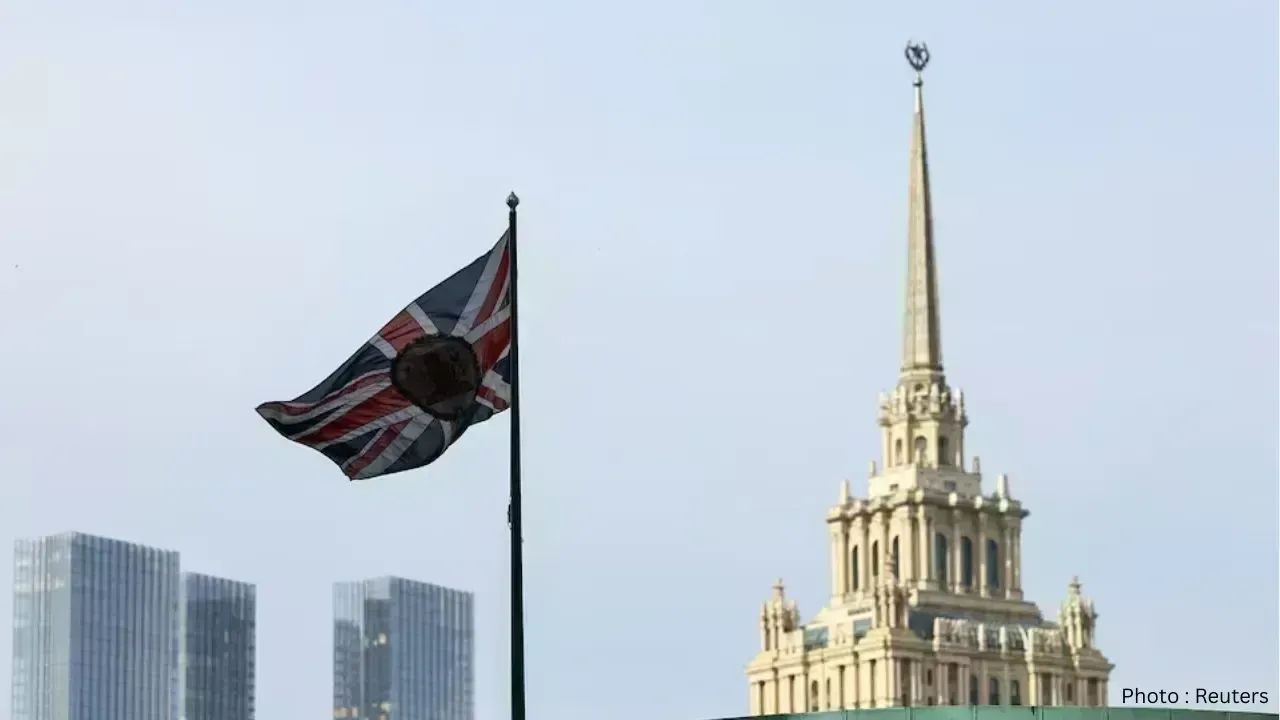
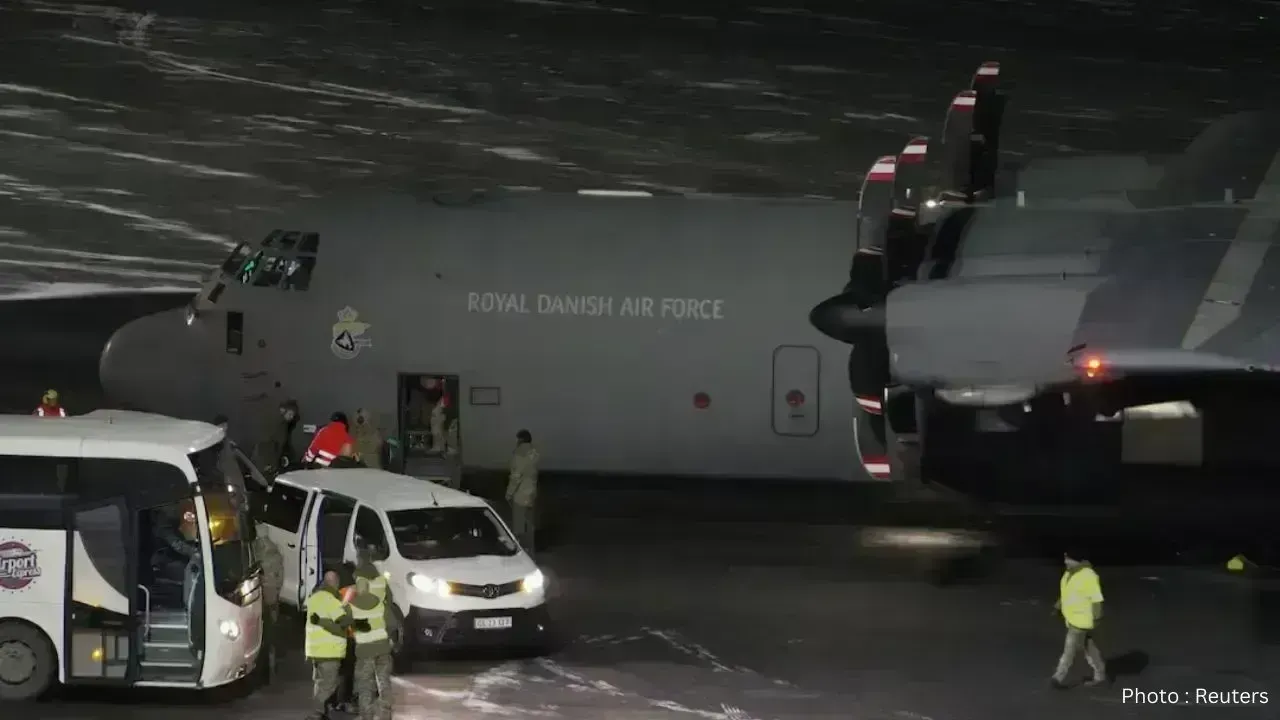

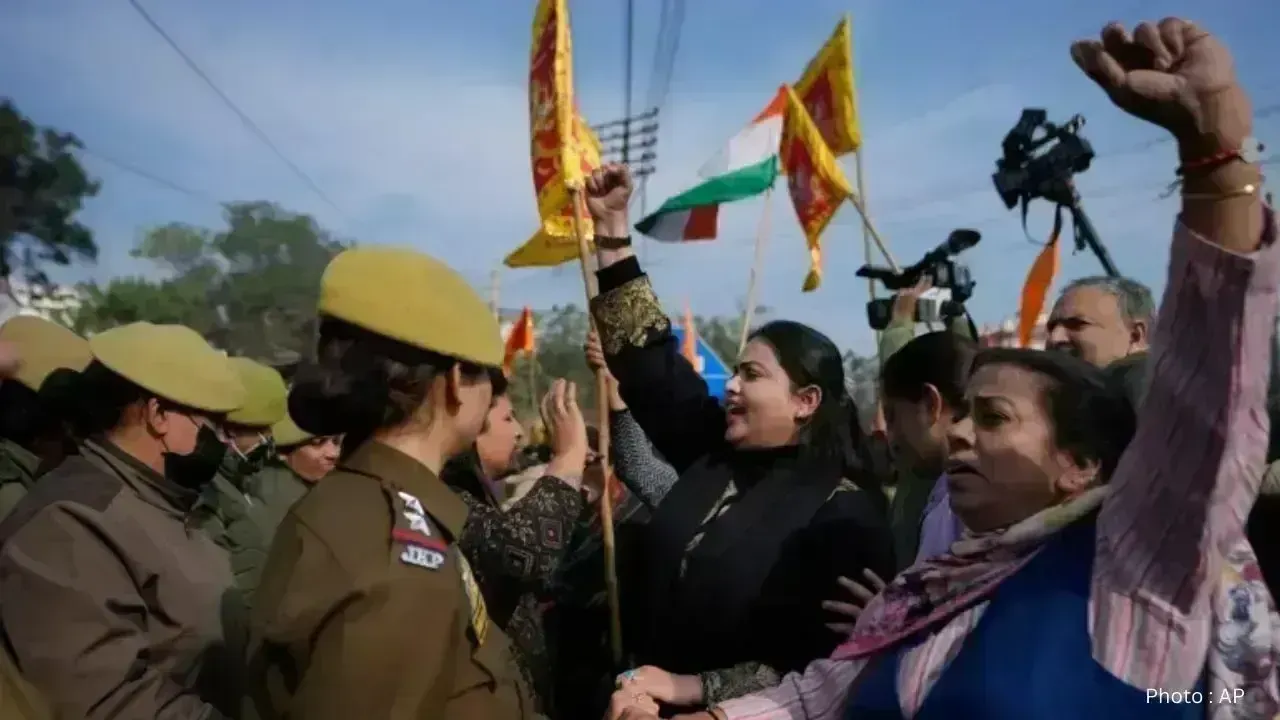
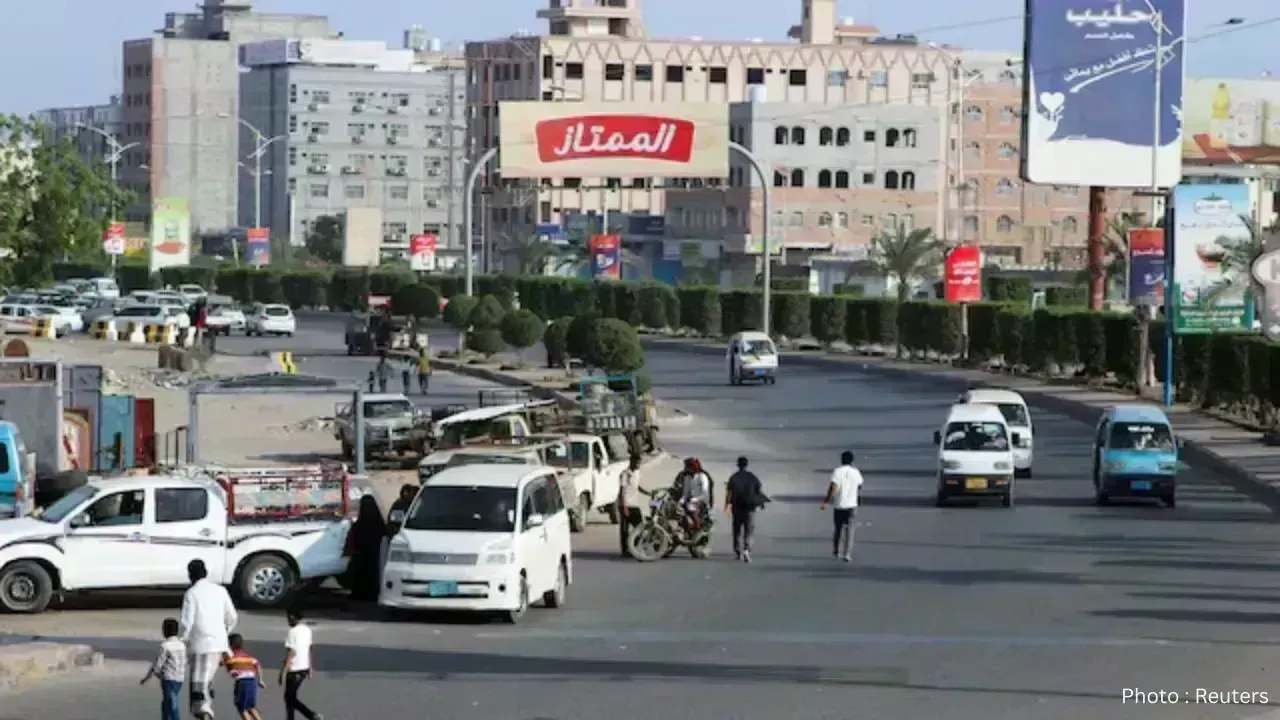





Five Rising Stars Compete for BAFTA’s Only Public-Voted Film Award
BAFTA names five breakthrough actors for its public-voted award, celebrating bold new performances a

Scott Robertson Steps Down as All Blacks Coach After Review
Scott Robertson has agreed to leave his role as All Blacks head coach after a performance review, de

Afghanistan Limits Rashid Khan’s Overseas League Appearances
Afghanistan Cricket Board caps foreign league play for star players to protect fitness and ensure co

Philippines, Japan Strengthen Defence Ties Amid Regional Tensions
Philippines and Japan sign defence pacts, including military resupply deal and $6m naval support, am

Bounou the Hero as Morocco Beat Nigeria on Penalties to Reach AFCON Final
Goalkeeper Yassine Bounou shines as Morocco defeat Nigeria 4-2 on penalties to book a thrilling AFCO

Labubu Doll Factory Faces Worker Exploitation Allegations in China
Investigation claims Pop Mart supplier made employees work long hours, sign incomplete contracts, an